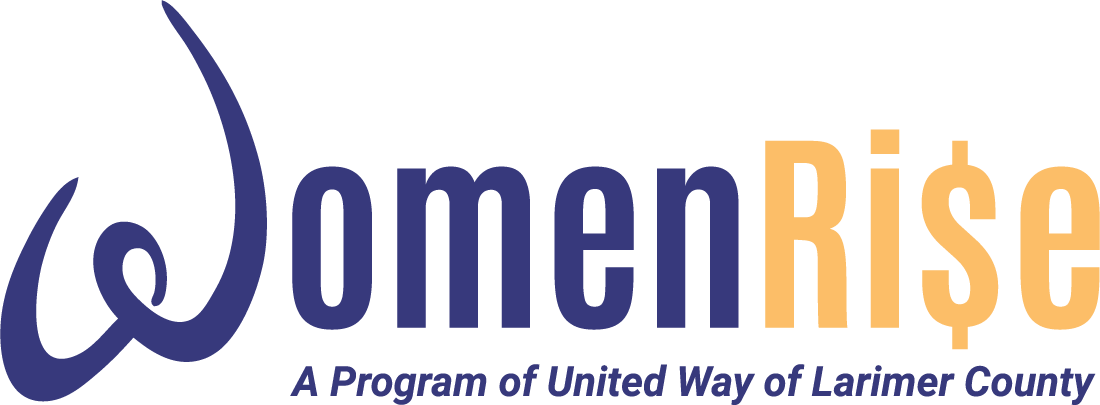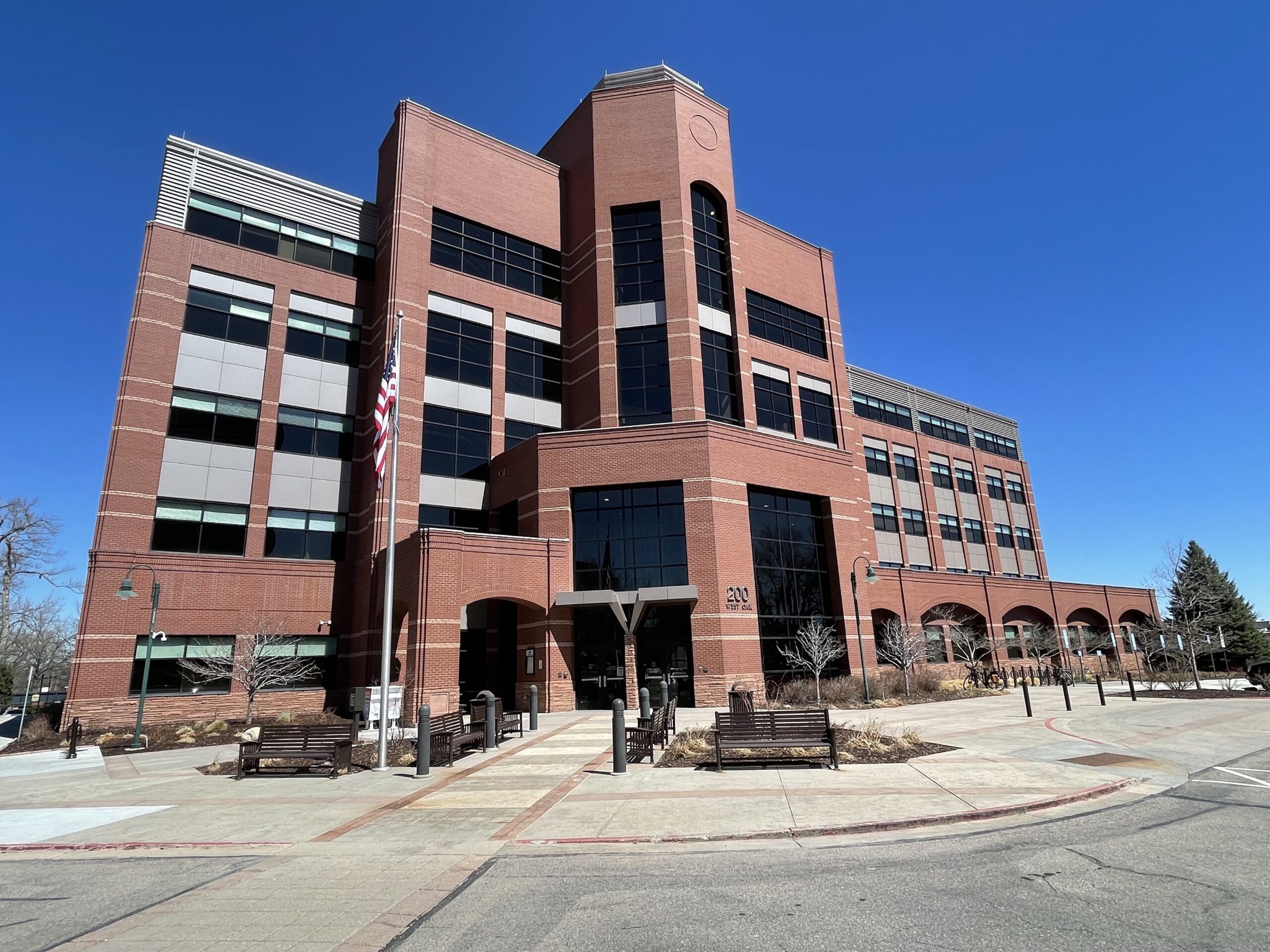COVID-19 presents legal issues for employers
In less than a week, Colorado’s presumptive positive COVID-19 virus cases grew from zero to nine, with the latest in Larimer County. As a result, businesses are revisiting illness and leave policies.
Those policies, legal experts say, need to take into account guidelines from the Centers for Disease Control and Prevention and regulations from the Occupational Safety and Health Administration, Americans with Disabilities Act and Family Medical Leave Act.
Elizabeth S. Wylie, partner at the Denver law offices of Snell & Wilmer LLP, has specialized in business and employment litigation for 25 years. She is counseling employers from metro Denver, Boulder Valley and Northern Colorado on coronavirus preventative measures, employee leave and compensation.
OSHA, she said, has a general duty clause that requires employers to create workplaces that are free from recognized hazards that are causing or likely to cause death or serious physical harm. The coronavirus could fall under this, Wylie said. This means employees should follow guidelines from health authorities including the Center for Disease Control and Prevention and the World Health Organization.
Employers must report any coronavirus cases in an OSHA 300 log. Medical information should be filed confidentially separate from the employees’ work records, she said.
When it comes down to preventing the disease from spreading in the workplace, employers should update their policies to reflect suggestions from the CDC and WHO. The disease is believed to spread through direct contact with individuals who have the virus or exposure to airborne droplets from sneezing or coughing.
The CDC recommends providing workplaces with sanitizer containing 60-95 percent alcohol and hand washing for a minimum of 20 seconds. Employees should self-quarantine if they exhibit upper-respiratory symptoms or a fever. Business owners should regularly inform employees about WHO and CDC suggested practices and provide tissues and disinfectant wipes.
Wylie said that employees who contract the coronavirus are guaranteed 12 weeks of unpaid leave under the Family Medical Leave Act. The act can apply also to workers taking care of family members with the virus.
The FMLA applies to companies with 50 or more employees. The act does not apply to employees who are quarantined because of exposure if they don’t actually have the virus. Employees of offices and schools affected by mandatory closures also do not have access to FMLA benefits if they, or a family member, do not have the virus, she said.
Eight states and the District of Columbia have paid family leave programs. Colorado is not one of them. Federal action could be in the works, she said.
Democrats in the U.S. House and Senate introduced legislation Friday that would require all employers to let workers accrue seven days of paid sick leave and immediately provide 14 additional days when there is a public health emergency. The bill was proposed by Rep. Rosa DeLauro (D-Connecticut) and Sen. Patty Murray (D-Washington) and builds on an earlier draft to recognize COVID-19 concerns.
For hourly paid employees and tipped workers such as restaurant workers, the nature of their pay system discourages staying home, Wylie said.
“It’s a difficult task for restaurant owners because their staff is largely hourly and if the staff doesn’t come in, they don’t get paid,” Wylie said. “And that creates an incentive for workers to try to maximize the number of hours that they can work.”
Colorado does not currently have a mandatory paid-leave act, but there are other options. Wylie said that some of her clients are looking at ways to pay employees who are not eligible for paid leave, such as applying policies that apply to exempt, or salaried, workers to hourly. This follows the model of the Fair Labor Standards Act, where salary-exempt employees who work anytime during a week are guaranteed pay for the entirety of the week.
She said that FLSA can be nuanced and tricky, so employers should study-up. She used an example of an employee disobeying a company policy to not work due to an outbreak, but does so anyway, could be entitled to compensation.
Wylie also advises businesses on American with Disabilities Act protocols, which limit administering medical tests of employees. Under ADA, taking employee temperatures would be considered medical examinations and would be allowed only if there’s a clear and direct threat to others.
Employers can, however, ask employees about their symptoms when they call in sick and mandate a doctor’s note to return. Exhibiting symptoms is enough to send an employee home.
If health authorities officially label the outbreak as a pandemic, employers may have more leeway with ADA regulations, Wylie said.
Wylie noted that some of her clients are amending sick and vacation leave policies to allow workers to use their accrued leave for voluntary choice to stay home during this outbreak. She helps her clients establish checklists that follow infection control practices. She added that every industry and company will need to adopt rules unique to their company.
She said that while it’s difficult to name an industry that wouldn’t be impacted by an increased outbreak in the state, information technology companies are a less obvious but vulnerable business. She said that IT is important for companies that move to remote work in light of the coronavirus outbreak.
“The first step right now is employers identifying how they’ll handle each contingency,” Wylie said. “And the next step will be communicating that to their workforces so their workers can make plans for their own financial security.”
In less than a week, Colorado’s presumptive positive COVID-19 virus cases grew from zero to nine, with the latest in Larimer County. As a result, businesses are revisiting illness and leave policies.
Those policies, legal experts say, need to take into account guidelines from the Centers for Disease Control and Prevention and regulations from the Occupational Safety and Health Administration, Americans with Disabilities Act and Family Medical Leave Act.
Elizabeth S. Wylie, partner at the Denver law offices of Snell & Wilmer LLP, has specialized in business and employment litigation for 25 years. She is counseling employers from metro Denver, Boulder Valley…




